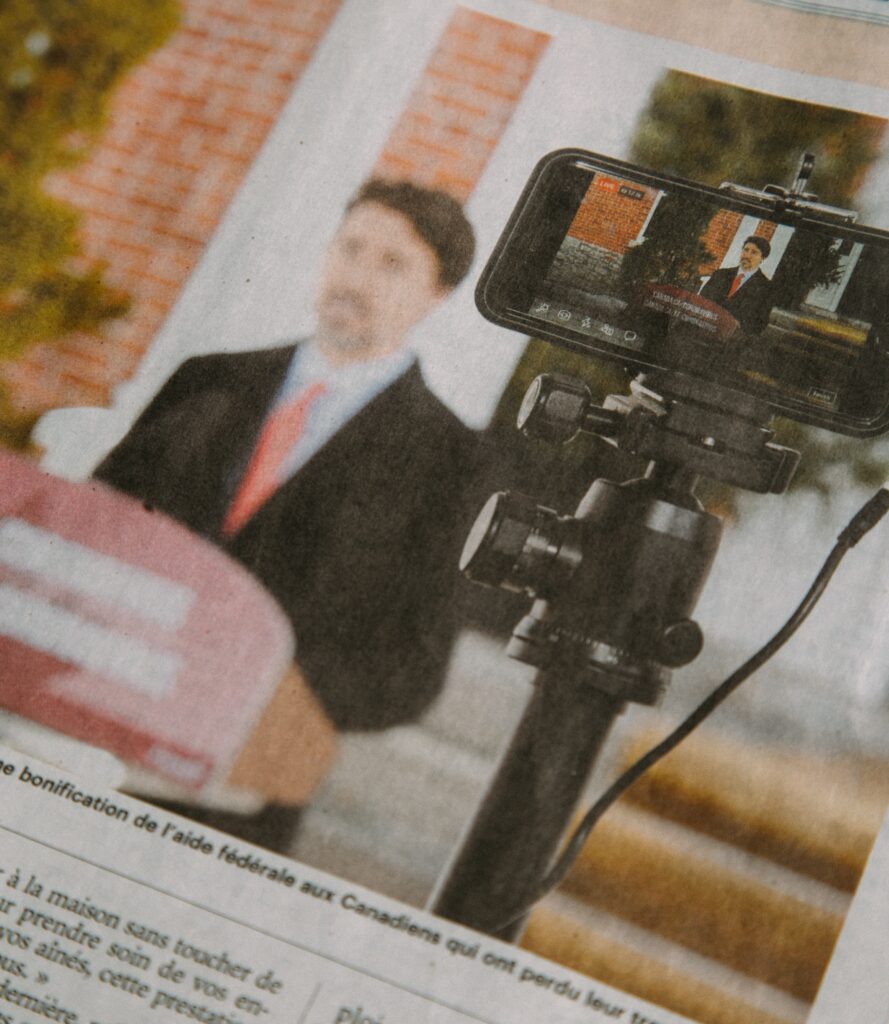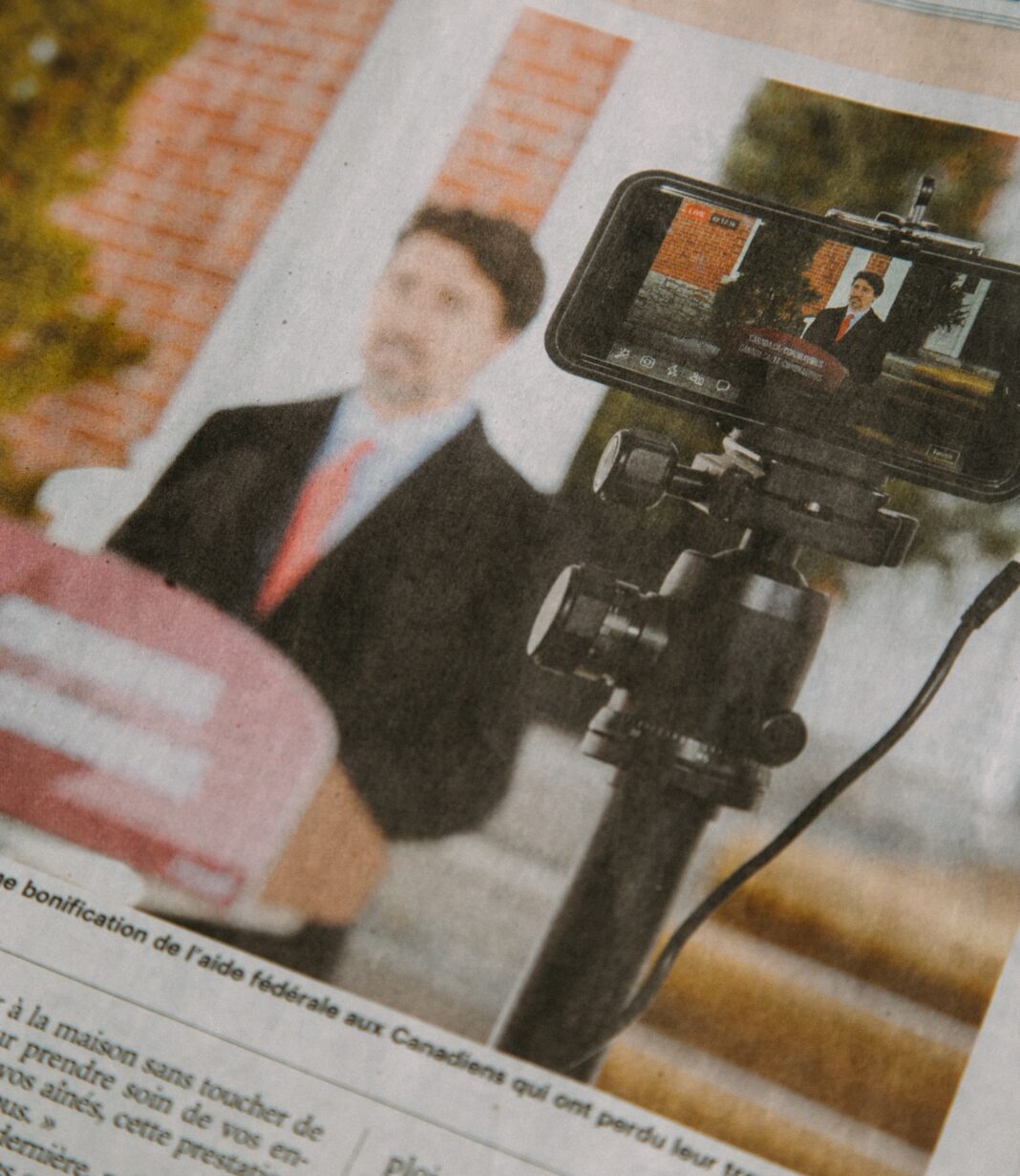By Eli Ridder
The president’s been assassinated. It was this information James McLean carried with him as he ran towards the ocean shore of Washington, D.C. on an April evening of 1865. U.S. President Abraham Lincoln was shot at Ford’s theatre and later died.
The detailed report that McLean filed didn’t make it on time for the steamer leaving for Europe that night, so he hired a tugboat, chased after the steamer and threw his report aboard. Europe got the news that Lincoln was killed 12 days later via his reporting.
When wide-eyed, new students enter their journalism school programs, they learn how to use press conferences, social media and other tools at their disposal to publish their stories. But where reporters, and the publications they work for, rise above others is the scoop. A scoop is the main prize, getting information ahead of a rival news organization, beating the competition to the punch and snagging an exclusive.
Today the traditions of Reuters scoops continue. David Ljunggren, one of the news agency’s top political reporters in Ottawa, explained that it’s all about getting out there and meeting the players.
“The main bit of advice I have is that if you want to be a successful journalist, you’ve got to be a people person. You’ve got to like getting out there and meeting a continuous stream of new people,” explained Ljunggren.
When searching for a big scoop, the Guelph Mercury-Tribune’s Graeme McNaughton said the critical way to be successful is in learning about the ins and outs of a beat. From his home in Guelph he talked about how it’s often hard for a reporter to know everything when they are new to the region or beat they are covering. When McNaughton first moved to the Mercury-Tribune to cover politics, there were complaints he wasn’t producing the same behind-the-scenes coverage of his predecessor Doug Halat.
“Doug was here for 20-30 years, I started last week, so give me a second,” the Humber College journalism graduate said.

It is essential to meet the players to build up a Rolodex for scoops. Reuters’ Ljunggren lamented how difficult the global coronavirus pandemic has made finding those sources if a reporter is new on the scene, or even for veteran reporters to find someone new. “Pretty much every big scoop that we’ve had since COVID started, when everyone was working at home, has been talking to people I already knew and who I already had formed a close enough relationship with.”
Both Ljunggren and McNaughton emphasized patience in building up the relationships is needed to start getting those exclusive stories that can make a career.
“A lot of times, you’re not going to necessarily get your stories from the people who are directly involved, you’ll get it from people that are on the periphery,” McNaughton said. It might be from the mayor, the councillors or the city staff that share a scoop but, it can also be from political activists or concerned community members.
Reporters can also look to journalism from outside their beat or region — and localize a scoop. The Washington Post reported a story about a tech company that did backend systems management that was hacked by the Russian government. McNaughton noticed the story and localized it by contacting the technical support staff at the city hall and managed to get an exclusive reporting that the city hall’s technical department used the same software.
When it comes to covering politics at the provincial level, Mitchell Thompson of the non-profit news organization Press Progress looks for a scoop in the publicly available documents and finds stories there that other newsrooms may have missed.
“In a lot of cases, we tend to get our story ideas from… primary source documents, and that comes down to knowing the kind of technical language of your area,” explained Thompson. Sometimes these types of documents can be sitting in email inboxes and all it takes is knowing the right person for the story to come to light.
“One of our big scoops this year was a plan for the Ministry of Education. This was distributed to the school boards that they were going to cut over $1.6 billion for the schools,” Thompson said. “That was lurking in the inboxes of union officials and school board officials and principals for a long time.” Once he was able to get a hold of a document it got turned around into a headline that made an impact on people’s lives.

The scoop can change history. It became worldwide news in 2013 that the mayor of Canada’s largest city smoked crack cocaine. It was a story broken by the Toronto Star. In October 2017, The New York Times broke the story of Harvey Weinstein’s years of sexual abuse of women, sparking the cultural phenomenon known as the #MeToo Movement that led to firing over 200 powerful men who abused their positions. Time Magazine, during September 2019, broke the news Prime Minister Justin Trudeau had worn “brownface” to an Arabian-themed gala 18 years earlier, changing the tone for a national election and potentially impacting its outcome.
Whether a reporter patiently builds up their relationships, finds documents through freedom of information requests and those that are publicly released, or just being in the right spot at the right time, anyone with enough drive can start finding the scoops they’re looking for.

